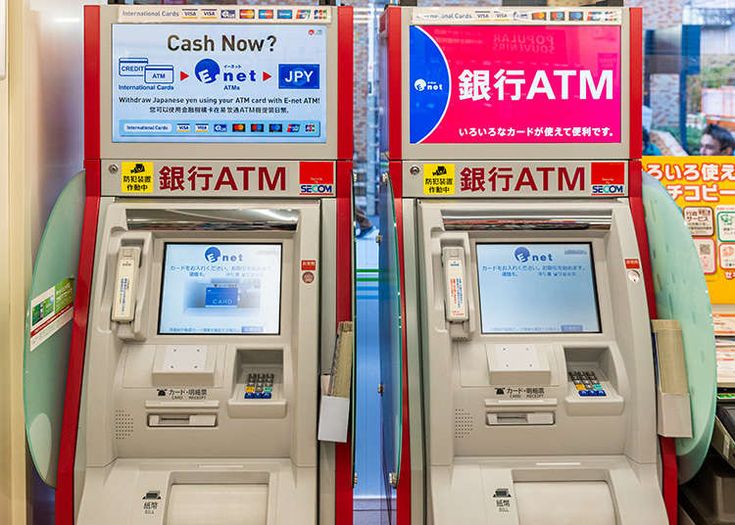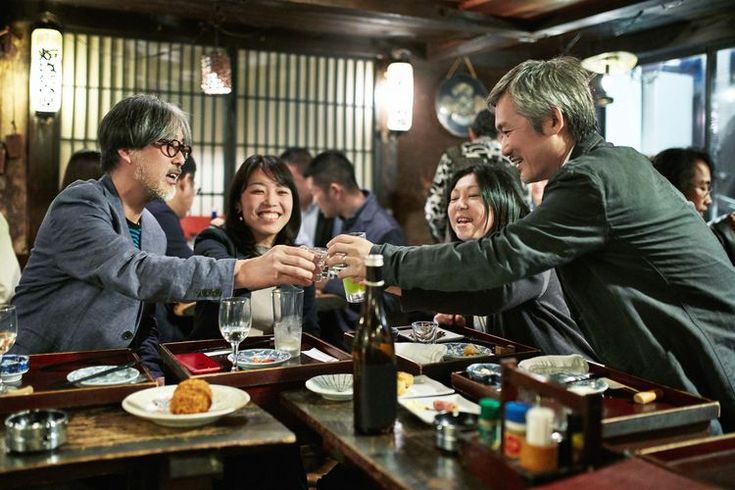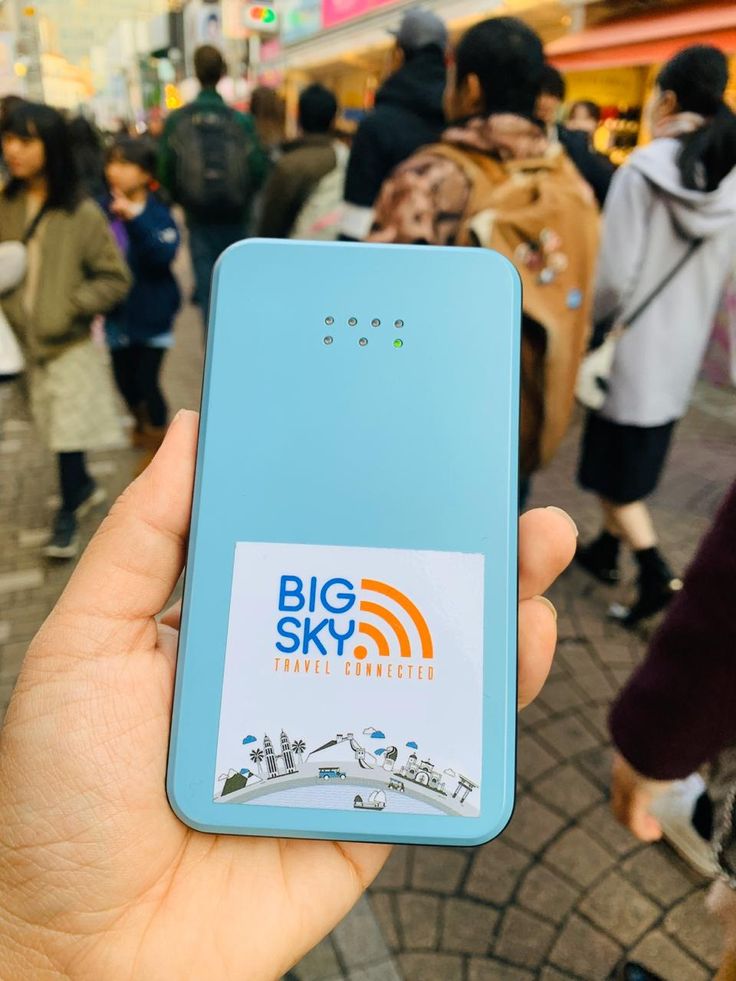Planning a trip to the Land of the Rising Sun? Japan is an incredible country that offers a unique blend of ancient tradition and futuristic innovation. But for first-time visitors, some of its customs can be surprising. Drawing from over 15 years of living in the heart of Tokyo, host Paolo de Guzman shares his top 10 essential travel tips to help you navigate Japan like a pro and avoid common cultural missteps.
1. Cash is Still King

While Japan is a technologically advanced nation, it remains a surprisingly cash-based society. Many smaller restaurants, local bars, street food stalls, and even some taxis do not accept credit cards.
-
Where Cards Work: Major department stores, larger chain retailers, airports, convenience stores, and mid-to-high-end restaurants will usually accept credit cards (Visa is the most widely accepted).
-
Where You’ll Need Cash: Be prepared with yen for smaller mom-and-pop shops, ramen stalls, and local markets.
-
A Handy Alternative: For transport and small purchases, get a rechargeable IC card like Suica or Pasmo. You can buy one at any train station for a ¥500 deposit and load it with cash to tap-and-go on trains, buses, and at convenience stores and vending machines.
-
Getting Cash: If you need to withdraw yen, the most reliable ATMs for foreign cards are found at 7-Eleven convenience stores (7-Bank), Japan Post offices, and Prestia Bank.
2. Avoid Eating and Drinking on the Go
In Japan, it’s generally considered poor manners to walk while eating or drinking. This custom is rooted in the concept of mei-waku, or not bothering others. The risk of spilling food or drinks on someone in a crowded space, or creating strong food smells, is something the culture actively avoids.
The proper etiquette is to find a spot to stand or sit aside to finish your snack or drink. The main exceptions are at festivals and in designated tabe-aruki (“eat and walk”) areas, like the bustling streets around Tsukiji Outer Market.
3. The Rules of Drinking

The legal drinking age in Japan is 20 years old. What might surprise visitors is how easily accessible alcohol is. You can purchase beer, sake, and other alcoholic beverages from convenience stores and even street-side vending machines. When buying from a convenience store, you will be asked to confirm you are over 20 by touching a button on a screen at the register.
4. Tattoos and Onsen (Hot Springs)
Experiencing a traditional Japanese onsen, or hot spring, is a must-do for many travelers. However, be aware that most public onsens do not allow people with tattoos to enter. This rule is a holdover from the long-standing association of tattoos with the yakuza (Japanese organized crime). To avoid any issues, these facilities apply a blanket ban.
If you have tattoos and want to enjoy an onsen, your best options are:
-
Find a rare “tattoo-friendly” public onsen (check their website or call ahead).
-
Book a ryokan (traditional inn) or hotel that offers rooms with a private onsen bath.
5. Staying Connected: Wi-Fi and the Internet

While hotels and major hubs like airports and Starbucks offer Wi-Fi, free public Wi-Fi is not as common throughout Japan as you might think. To stay connected everywhere, consider these options:
-
Rent a Pocket Wi-Fi: This is the most popular option. You can rent a portable hotspot at the airport upon arrival and have fast, unlimited internet for all your devices.
-
Buy a Prepaid SIM Card: If your phone is unlocked, you can purchase a data-only SIM card at major electronics stores like Bic Camera or Yodobashi Camera.
6. Smoking Etiquette
Japan has a unique approach to smoking. While many izakayas (Japanese pubs) and restaurants still allow smoking indoors, smoking on the street is prohibited in most major cities. To accommodate smokers, cities have designated smoking areas outdoors, often marked with signs and ashtrays. If you smoke, be sure to use these designated spots to avoid a fine.
7. Riding the Train
Japan’s train system is world-class, but it can be overwhelming. To avoid the infamous “crush hour”:
-
Try not to travel on major commuter lines on weekdays between 8:00 AM – 9:30 AM and 5:30 PM – 7:30 PM.
-
Be aware of women-only cars during morning rush hour. These are typically the first or last car of the train and are clearly marked with pink signs. This measure was put in place to prevent groping on crowded trains.
8. A Non-Tipping Culture (with a Catch)
One of the best things about Japan is that you do not need to tip. The price on the bill is the final price you pay. Service staff are paid a full wage and tipping can even be seen as confusing or insulting.
However, be aware of the otoshidai, or table charge, at many izakayas and bars. This is a small, mandatory fee per person (usually ¥300-¥1,000) that often comes with a small appetizer. It will appear on your bill, so don’t be surprised to see an extra charge you didn’t account for.
9. How Hotel Fees Work
Unlike in many Western countries where hotel rooms are priced per room, hotels in Japan often charge per person. When you search for a room for one person, the price may seem low. But if you add a second person, the rate could double. This is especially true for traditional ryokans where meals (dinner and breakfast) are included in the price. For couples or families, services like Airbnb may be more economical.
10. Interacting with the Police
Japan is one of the safest countries in the world, and the police are generally helpful. However, it’s important to know that police have the right to stop you and ask for identification if they deem it necessary. As a foreigner, you are legally required to carry your passport or residence card with you at all times.
If you are stopped, the best course of action is to cooperate politely. Arguing or being uncooperative will only prolong the situation. Simply show your ID, answer their questions, and you will almost always be on your way in minutes.

